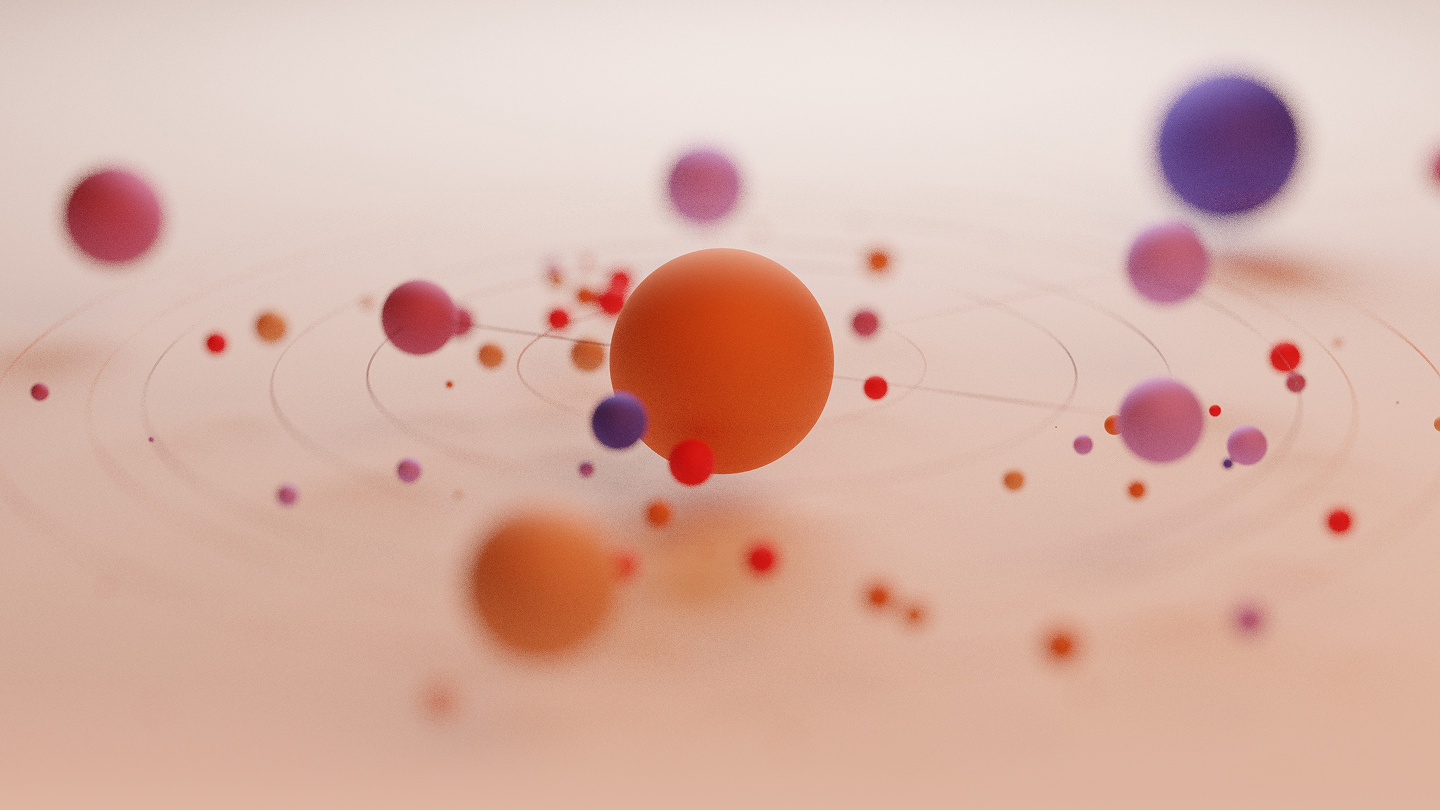Catalyzing Change from the Inside Out

Around six weeks ago, a group of us, all Creative Leaders at Neol, were headed to Dubai to meet each other in person for the very first time. We come from different geographies and backgrounds, but we’d been collaborating on a new framework for creating bold, introspective experiences. And we were there by choice, by intention. Nobody told us to be there. There was power being at COP in this way, instead of showing up because it's your job to show up and perform and create the KPIs that you are assigned to. Being able to attend COP under this new model gave us a lot of insight into the untapped potential of humanity—what we can create when we choose to do things because we believe in them, even without getting something immediately back in return. It was a very different way of being.
It was great to come together as a group—we don't always have these high-platform team experiences being in the world of independence. Neol and kyu created the safety net, and because we were choosing to represent ourselves and our team in this way, there was much more space to learn, space for contemplation, and space for personal growth.
Neol was able to pull together folks who wouldn't necessarily have been find each other under the traditional model, and that is something quite special. It's the promise of a new model of how creativity can be deployed within organizations, which unleashes a new type of energy, new possibilities and new forms of creativity as well. It also represents a bridge to the traditional world—Neol’s structure is very open and emergent, and can bring in those from all sides to work together.
COP conferences are some of the biggest gatherings of global minds, and we approached it not just as a forum for sharing ideas, but as a space to collaborate and shape new narratives to drive change. The conversations at COP and about COP made it abundantly clear that tackling one of the biggest, most complex, and most global issues we’ve ever faced requires more than just new ways of thinking.

In the arena of global discourse, skepticism shrouds climate change summits like COP28, fueled by a collective weariness towards lofty promises and sluggish progress. While scientific reports and policy discussions provide crucial data and frameworks, they often fail to bridge the emotional gap necessary for societal transformation.
The climate crisis is deepened by a tendency in business to address systemic problems in isolation, with a mechanistic, linear, and singular worldview. What we brought to COP was an “Inner Development Pause”—a workshop experience with a holistic approach to regenerative leadership, designed for leaders to engage in the inner work that will ultimately drive the actions we take towards our biggest climate challenges.
We excel at 'doing' and 'having' and often we overlook the essence of 'being', lacking the tools to create this space for ourselves. This oversight is not just a personal loss; it's a missed opportunity for deeper, more meaningful impact in our professional and environmental endeavors. The 'being' – our inner framework, values, and mindset – is the foundation upon which meaningful outward action is built.
We invited participants to take off their “business personas” for a few hours—to leave behind their corporate worldview and bring their whole selves to the workshop. We designed our session so that participants could acknowledge the emotions of the climate crisis and connect with a life-centric paradigm. Here are a few notes from our brief:
We are positioned at the edge of the current creative consultancy system, so we can inspire, taking a big leap outside of our existing paradigm.
We know change means more than tech and policy, so we can shift how we see ourselves within nature, designing backward to go outward.
We actively acknowledge nature as a stakeholder, so we can reflect human entanglement in (and impact on) planetary systems.
We see that complex systems arise from a multiplicity of small actions, so we can allow ‘becoming’ and form new knowledge together.
We know versatile solutions are vital for achieving broad, global resonance, so we must incorporate a diversity of experiences and perspectives.
We believe a posture of listening comes first, before any speaking, so we should receive and synthesize more than analyze and transmit.
We feel urgency but realize we must approach this with care, so we must radiate kindness, balance the commercial with the spiritual, and invite, not push.
In our quest to address the climate crisis, it's crucial to recognize how stories about the way things work are incredibly powerful in determining what we do, and what we see as being good and important. At COP28, we witnessed a diverse array of narratives, each painting a picture of a world grappling with climate challenges while striving for sustainable solutions.

We’re often working under pressure, running from one meeting to another—we’re constantly optimizing. This can reduce our ability to understand bigger systems, complexities and connections. Grounding ourselves increases our creativity, our connections—and our care for ourselves and the people around us. We can no longer afford to operate only from a place of optimization, linear thinking and KPIs. We can’t afford to not slow down.
We asked participants to delve deep and reflect on three distinct identities they hold – be it as a colleague, parent, CEO, or any other role that defines them. The goal was to explore these identities and understand connections to the future. The exercise was more than just introspection; it was about connecting the dots between our personal, professional, and social selves—our insights, emotions, and aspirations—and the larger narrative of our collective futures. We encouraged attendees to articulate their biggest hopes and fears around these identities, fostering a powerful dialogue on how our roles today shape the world of tomorrow.

Becoming grounded in our values, our purpose, and our connection to the planet holds immense power. It doesn't just shape our worldview; it fundamentally alters how we approach our work and decision-making. When we are deeply rooted in who we are, our actions resonate more strongly and authentically.
Our second exercise was an exploration of two different paradigms of being—the relational world, which we see as nature-focused, relational, interdependent, and complex versus the “Mechanistic world”, which is oriented towards order, predictability, and centralizing mechanisms. The reality is that we operate from both places, and our aim was identifying patterns of seeing, being and doing within both. As leaders, professionals, and global citizens, embracing this dual mindset is critical, and our goal was to hold space for emotional and social linkage, and to explore our beliefs in dialogue with a global, diverse community.

A recurring theme at COP28 was the importance of building trust – in technology, in policy, and most importantly, in each other. Trust is not gained in leaps and bounds; it's earned in small increments. We see every sustainable initiative, no matter how small, as contributing to this growing trust. The creation of an inner framework is not just introspection – it's a powerful tool for building trust and catalyzing genuine, impactful change in the world around us.
The path forward, as illuminated by discussions at COP28, involves nurturing our internal world as diligently as we seek to change the external one. It's about integrating our awareness of the climate crisis into our being, allowing this awareness to guide our actions and choices. This internal transformation is the key to unlocking innovative, effective, and lasting solutions to the challenges we face. We need a fundamental shift in our intuitions and instincts, especially among designers and innovators. This shift calls for leaders, and especially creative leaders, to reimagine the blueprint of our society and how we can interface with the deep complexities in our living system to transform the way we interact with our world.
As COP28 and similar summits continue to grapple with the complexities of global climate action, it is imperative to recognize the indispensable role of inner development in reshaping societal attitudes and beliefs. Harnessing the emotive force of our internal narratives can help us all transcend skepticism (internal and public), awaken dormant empathy, and ignite a collective resolve to address the urgent challenges posed by climate change.

Your ideas fuel transformation—join us to make an impact that matters: join.neol.co








.jpg)





